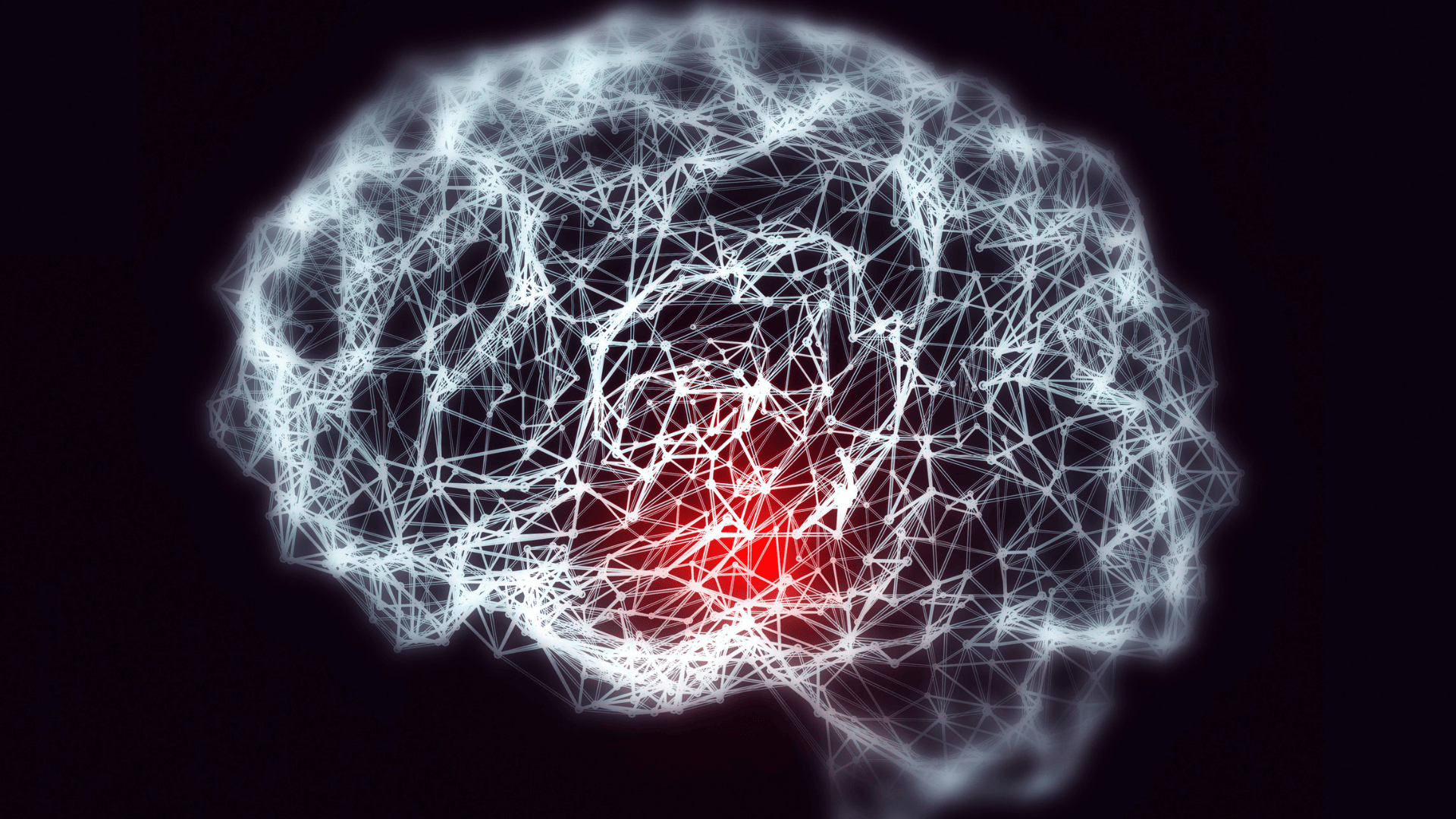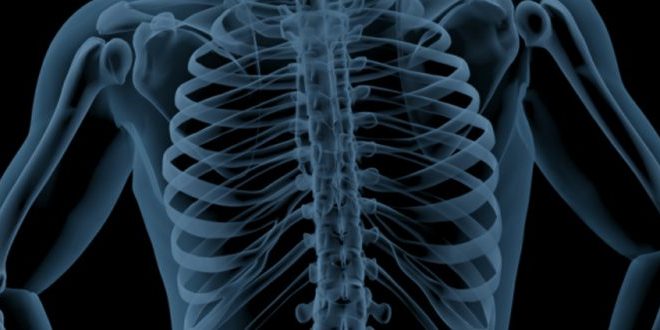Neurological Benefits of Chiropractic Care
The nervous system is the body’s communication hub, and spinal misalignments can disrupt how signals flow between the brain and body. This interference may lead to headaches, dizziness, stress, or fatigue, while also affecting balance, mood, and focus. Chiropractic care restores spinal alignment, relieves muscle and fascial tension, and supports smoother nerve communication. By enhancing brain-body feedback, patients often experience greater clarity, improved coordination, and overall neurological resilience.

Most people think of chiropractic care as a solution for back or neck pain—and it absolutely is. But what many overlook is that chiropractic’s true foundation lies in nervous system support. The spine isn’t just a structural column—it’s the housing for your spinal cord, the superhighway of communication between your brain and every organ, muscle, and cell in your body.
Every signal your brain sends—whether it’s telling your lungs to breathe, your legs to move, or your eyes to focus—travels through this pathway. And when your spine is misaligned, tight, or under chronic tension, those signals can become distorted, delayed, or even blocked altogether. Over time, this impacts how the brain processes information and regulates your body.
Chiropractic care restores balance in this system by correcting alignment, reducing tension in the muscles and fascia, and re-establishing clear communication between the brain and body. This doesn’t just help with pain—it supports mental clarity, coordination, balance, emotional regulation, and even recovery from neurological dysfunction.
Neurological Functions Supported by Chiropractic Care
Brain-Body Communication
Your nervous system is in constant conversation—sending sensory information from the body to the brain and motor commands from the brain back to the body. This feedback loop allows you to move, breathe, digest, and adapt to your environment. But when spinal misalignments or fascial tension interrupt these signals, the brain’s responses can become inaccurate.
Chiropractic care enhances this two-way communication by removing interference and improving signal clarity. When your spine is properly aligned and muscles are functioning as they should, your brain gets accurate data. This helps reduce miscommunication between the brain and key systems like digestion, immune response, and muscular control—allowing for faster reaction times, better body awareness, and improved overall function.
Balance and Coordination
Balance isn't just about strong legs or a steady surface—it's deeply tied to the nervous system. Your brain relies on feedback from joints, muscles, and the inner ear to maintain balance and control coordination. When spinal alignment is off, or certain muscle groups are compensating due to tension or weakness, your brain receives poor proprioceptive input (information about where your body is in space).
Chiropractic adjustments help correct this by restoring normal movement and muscle firing patterns, especially in the cervical spine and pelvis—two areas critical for balance. Through consistent care, many patients notice improved posture, better movement stability, and a significant reduction in dizziness or unsteadiness. This makes chiropractic care an excellent tool for fall prevention, sports performance, and neurological recovery.
Stress Response and Mood Regulation
Your nervous system plays a central role in how your body responds to stress. When the spine is misaligned or under chronic tension, it can keep the body stuck in a state of heightened alert—also known as sympathetic dominance (fight-or-flight mode). Over time, this can lead to anxiety, irritability, poor digestion, trouble sleeping, and hormone imbalance.
Chiropractic care supports the parasympathetic nervous system—the branch responsible for rest, repair, and relaxation. By relieving physical stress in the spine and improving the way your nervous system communicates, adjustments help downregulate stress responses and encourage a more balanced emotional state.
Many patients report that after consistent care, they feel calmer, sleep more soundly, and notice fewer stress-related symptoms. This is because the nervous system is no longer in a constant state of overdrive—it has space to reset.
Focus and Mental Clarity
When your brain is constantly processing distorted signals from the body, it uses up valuable energy and resources—leaving you feeling mentally sluggish or foggy. Misalignments in the spine can affect blood flow, nerve signaling, and sensory processing, all of which play a role in cognition.
By improving alignment and restoring balance in the nervous system, chiropractic care helps reduce this neurological "noise." This frees the brain to function more efficiently—leading to sharper focus, quicker processing, and a greater sense of mental clarity.
Patients frequently share that after regular adjustments, they feel “more awake,” “more present,” or “like a fog has lifted.” These aren’t just emotional responses—they’re the result of a clearer brain-body connection and a nervous system that’s finally operating in sync.
Conditions That May See Neurological Improvement with Chiropractic Support
Concussion or Post-Concussion Symptoms
After a concussion, the nervous system may become hypersensitive or dysregulated. Misalignment in the cervical spine can worsen headaches, dizziness, and cognitive fog. Chiropractic adjustments help restore alignment, reduce tension, and support neurological recovery by optimizing brain-body feedback.
Headaches and Migraines
Tension in the neck, poor spinal alignment, and nervous system irritation can all trigger chronic headaches and migraines. By relieving stress on the cervical spine and improving nerve communication, chiropractic care helps reduce the frequency and intensity of these symptoms.
Vertigo and Balance Issues
Your sense of balance depends on accurate input from your spine, eyes, and inner ear. Misalignments—especially in the upper cervical spine—can interfere with this system. Chiropractic adjustments improve proprioception and nerve clarity, helping reduce dizziness and enhance stability.
ADHD or Sensory Processing Difficulties
Children and adults with attention or sensory challenges often show signs of nervous system dysregulation. Chiropractic care calms overstimulation by improving parasympathetic tone, balancing sensory input, and reducing structural tension that may be affecting focus or emotional regulation.
Chronic Stress and Fatigue
Constant physical or neurological stress can overload the nervous system, leading to burnout, fatigue, and tension. Chiropractic adjustments help reset this stress response, reduce muscular strain, and support more restful sleep and recovery—restoring energy from the inside out.
TMJ and Facial Tension
Jaw tension and TMJ pain are often linked to spinal imbalances, poor posture, and chronic stress. Chiropractic care targets these root causes by realigning the spine and reducing muscular tension in the jaw, neck, and face—offering relief from grinding, clenching, and pressure headaches.
Peripheral Neuropathy or Nerve Sensitivity
When the nervous system is inflamed or compressed, it can lead to tingling, numbness, or sharp nerve pain in the extremities. Chiropractic care improves alignment and circulation while reducing pressure on irritated nerves, supporting long-term nerve health and improved sensation.
The Mechanisms That Make It Work
Improved Spinal Alignment = Improved Nerve Flow
When the spine is properly aligned, nerve signals can travel freely between the brain and body. Misalignments (or subluxations) compress or irritate nerves, slowing down or distorting those signals. By correcting the spine, chiropractic care removes these roadblocks—allowing the nervous system to function more efficiently and communicate more clearly.
Muscle and Fascial Release = Better Brain Feedback
Muscles and fascia aren’t just structural—they’re sensory. They constantly send information to the brain about posture, tension, and movement. When fascia becomes restricted or muscles stay locked in tension, the brain receives distorted feedback. Releasing these tissues through myofascial therapy or activation work restores more accurate sensory input—helping the brain better interpret and respond to the body.
Reduction in Inflammation = Better Neurological Efficiency
Chronic inflammation around the spine or joints can irritate nerves, disrupt signaling, and increase pain sensitivity. Chiropractic adjustments help reduce inflammation by improving motion, relieving tension, and restoring circulation. Less inflammation means the nervous system can function with less interference—and with greater resilience.
Movement Re-education = Enhanced Neuroplasticity
Every time you move, your brain learns. But poor movement patterns can reinforce dysfunction over time. Chiropractic care includes intentional movement retraining that helps reset these patterns—allowing the brain to “rewire” how it controls posture, coordination, and balance. This is especially helpful in recovery from injuries or neurological delays.
Improved Blood Flow and Oxygenation = Support for Brain Recovery
Healthy spinal alignment improves vascular flow, especially to the brain and spinal cord. More oxygen and nutrients mean better tissue repair, enhanced mental clarity, and greater capacity for neurological healing. For individuals recovering from concussions, trauma, or chronic fatigue, this can be a game-changer.
Align the Spine, Support the Brain
When it comes to brain and neurological health, most people look to medication or isolated therapies. But the truth is, your nervous system depends on something much more foundational—alignment, balance, and clean input from the rest of your body. Your spine is the gateway for this communication. When it's aligned, your muscles are functioning properly, and your fascia is free of tension, the brain receives clearer signals. And when the brain gets accurate input, it can respond with clarity, precision, and resilience.
Chiropractic care works not by chasing symptoms, but by supporting the systems that allow your body and brain to work as one. Whether you're managing stress, recovering from injury, or looking to sharpen your cognitive edge, the journey begins with restoring the way your nervous system functions.
Contact Mountain Movement Chiropractic & Natural Health
📍 1901 Laurens Road Suite E, Greenville, SC 29607
📞 (864) 448-2073
🌐 mountainmovementcenter.com
💬 Message us on Facebook
📅 Join Dr. Day during his weekly movement workshop with Bon Secours Well Walkers

We Treat the
Toughest Cases
We'd love to talk with you about yours. Ask us anything and we will get back to you with a detailed answer about your case.

.jpg)




